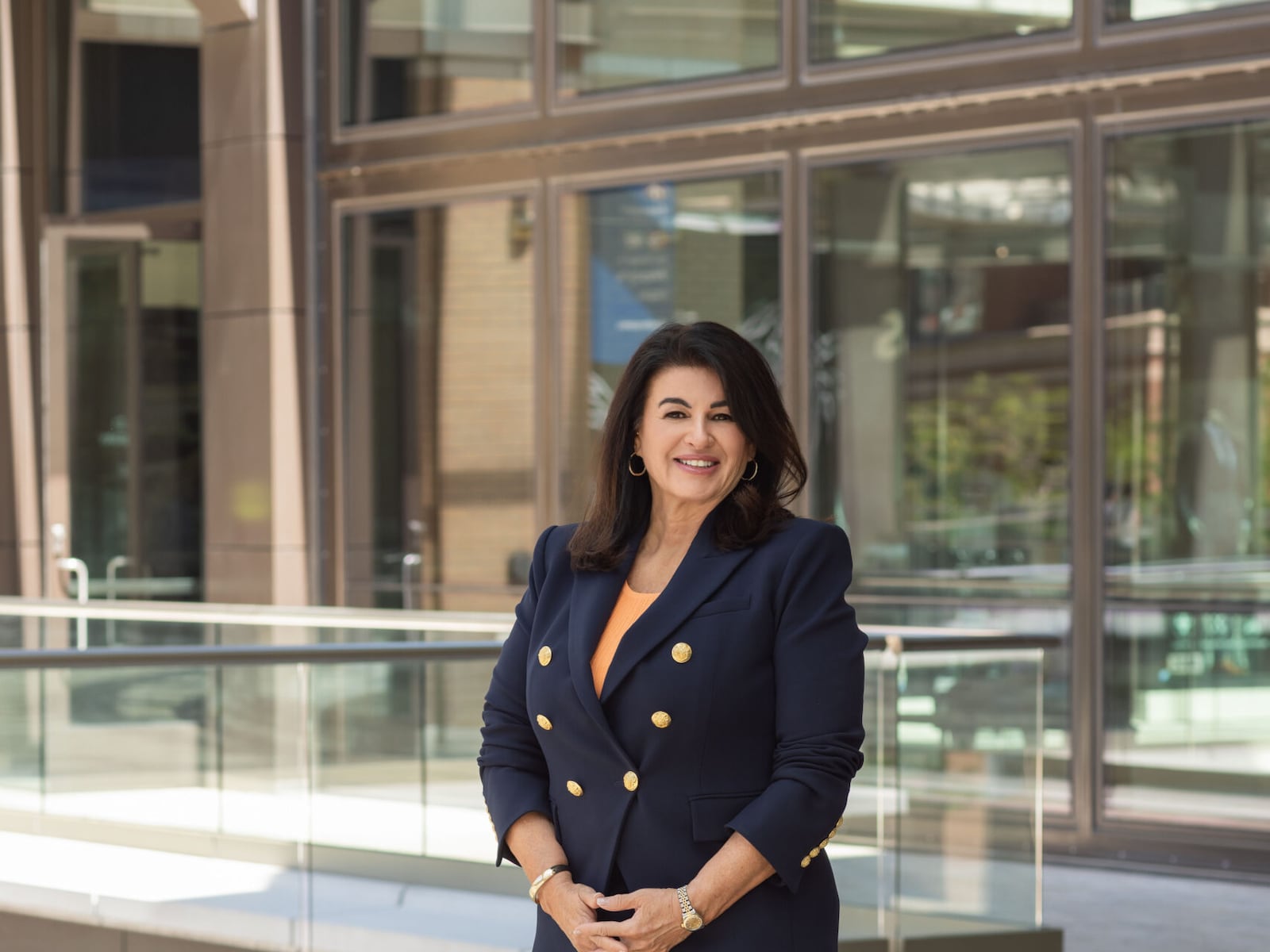Gloria Cardenas may not be an immigrant herself, but she is deeply connected to the immigrant experience.
Her mother emigrated from England to the U.S. through Ellis Island with a dream despite having no formal education and having lost her parents in World War II. Her father was one of the first Mexican American judges appointed by California Gov. Edmund G. Brown, Jr. Her grandfather was an undocumented immigrant from Chihuahua, Mexico.
“He laid railroad tracks from Las Cruces, New Mexico, all the way to Los Angeles, and then he worked in the factories,” Cardenas says. “I always saw just how hard immigrants had to work, especially farm workers and people in construction doing the hard jobs that a lot of people don’t want to do.”
Cardenas initially pursued a career as a litigator in California, practicing law in Los Angeles after earning her law degree from UC Hastings (now UC Law San Francisco). She moved to Utah for her family’s benefit, seeking a safer, more nurturing environment. However, the move presented a professional challenge: She did not want to take another state bar exam. Since immigration law is federally based, she specialized in it, allowing her to continue working as a lawyer without additional licensure.
Launching her practice, Familia America, Cardenas focused on deportation defense, with a specific preference for family unification and helping clients navigate complex immigration processes like DACA applications and green card filings.
“Keeping families together has been a major goal of mine, and it’s been very fulfilling,” she says. Her practice now emphasizes aiding Dreamers, military families, and those seeking advanced parole to leave and re-enter the U.S. lawfully.
Cardenas points out the crucial role undocumented workers play in Utah’s economy, particularly in sectors like construction and agriculture. “Many of my clients own businesses, pay taxes and create jobs, embodying the American dream,” she says. Recent policy changes are expected to further integrate these individuals into the formal labor market, benefiting both workers and employers.
A proud Latina business owner, Cardenas stands as a role model within her community. “We are the fastest-growing small business owners in the United States,” she states. She credits trailblazers like Lorena Riffo-Jenson and Eli Madrigal for their influence and support when she started her practice. Her own journey from a small office in the Latino Mall to a renowned immigration law firm exemplifies the entrepreneurial spirit she encourages in others.
Cardenas’s success is underpinned by her ability to demystify complex legal issues and build trust with her clients. “I have a stress-free approach to the American Dream,” she says, “and I assure my clients that I’ve got them.”
Her work continues to transform lives, ensuring that the promise of America remains accessible to all who seek it. To Main Page


